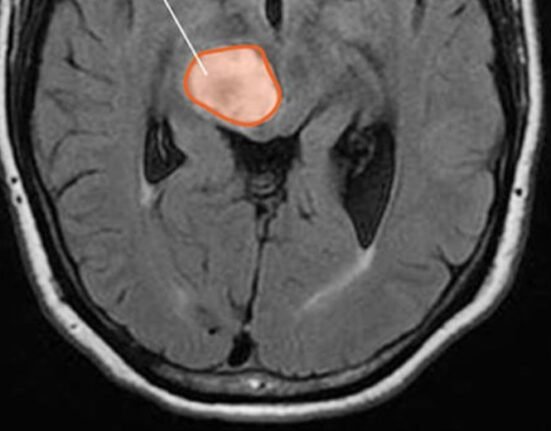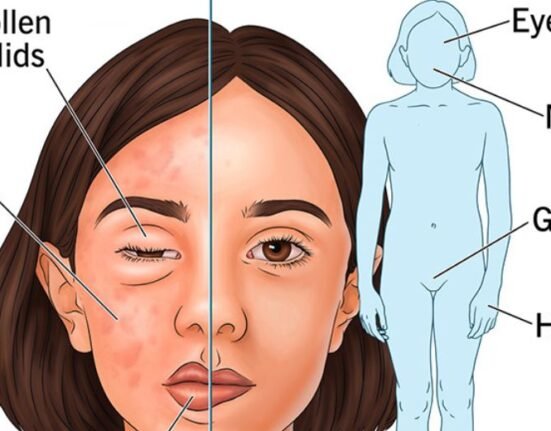HQ Team
May 28, 2025: The US drug regulator halted Rocket Pharmaceuticals Inc.’s investigational gene therapy for Danon disease after a patient died due to an infection, according to a company statement.
The mid-stage experimental therapy called RP-A501 was meant to treat Danon disease — a rare, genetic disorder that affects the heart, skeletal muscles and can lead to intellectual disabilities.
“A patient participating in the Phase 2 pivotal trial of RP-A501 experienced an unexpected serious adverse event,” according to the statement. It “involved clinical complications related to a capillary leak syndrome.”
Rocket Pharmaceuticals is conducting a comprehensive “root cause analysis and remains in active dialogue with the US Food and Drug Administration (FDA) and other key stakeholders,” the company stated.
Pauses dosing
Rocket voluntarily paused further dosing in the study.
On May 23, 2025, the FDA placed a clinical hold on the trial to allow for further evaluation. “Rocket is deeply saddened to report that this patient has since passed away after an acute systemic infection.”
The disease causes muscle cells to fill up with waste-filled compartments called autophagic vacuoles as they lack enough of the LAMP2 protein. This protein is essential for the cell’s waste disposal system to work properly.
LAMP2 (Lysosomal Associated Membrane Protein 2) is a protein located on the membrane of lysosomes, which are cellular structures responsible for breaking down waste materials and damaged components inside cells.
It plays a role in autophagy, the process by which cells degrade and recycle their components to maintain cellular health and function.
Time uncertain
Rocket Pharmaceuticals stated that “while the clinical hold remains in place, the company is unable to guide the anticipated timing for completion of the Phase 2 trial.”
Rocket is working with the FDA, the Independent Data Safety Monitoring Committee, clinical investigators, and scientific experts to ensure the safety of all study patients in the hope of resuming trials.
“We are heartbroken by this loss and are fully committed to our mission to develop gene therapies that address the underlying cause of devastating diseases like Danon,” said Gaurav Shah, MD, Chief Executive Officer of Rocket Pharmaceuticals.
As of March 31, 2025, Rocket had cash, cash equivalents, and investments of $318.2 million. The company is prioritising investment for its Adeno-associated virus (AAV) platform while assessing ways to optimise value for the rest of the pipeline.
AAV virus-mediated therapy
“This will translate into a reduction in overall cash spend,” according to the statement.
Rocket now expects its existing resources will be sufficient to fund operations into 2027, excluding any potential proceeds from the sale of FDA’s Priority Review Vouchers that could follow the approval of therapies from the haematology portfolio.
The RP-A501 was specific to Rocket’s AAV9-Danon program. Cardiac tachyarrhythmia presents a significant health care challenge, causing notable morbidity and mortality.
Conventional treatments have limitations and potential risks, resulting in an elevated disease burden. Adeno-associated virus–mediated gene therapy holds promise as a potential future treatment option.








